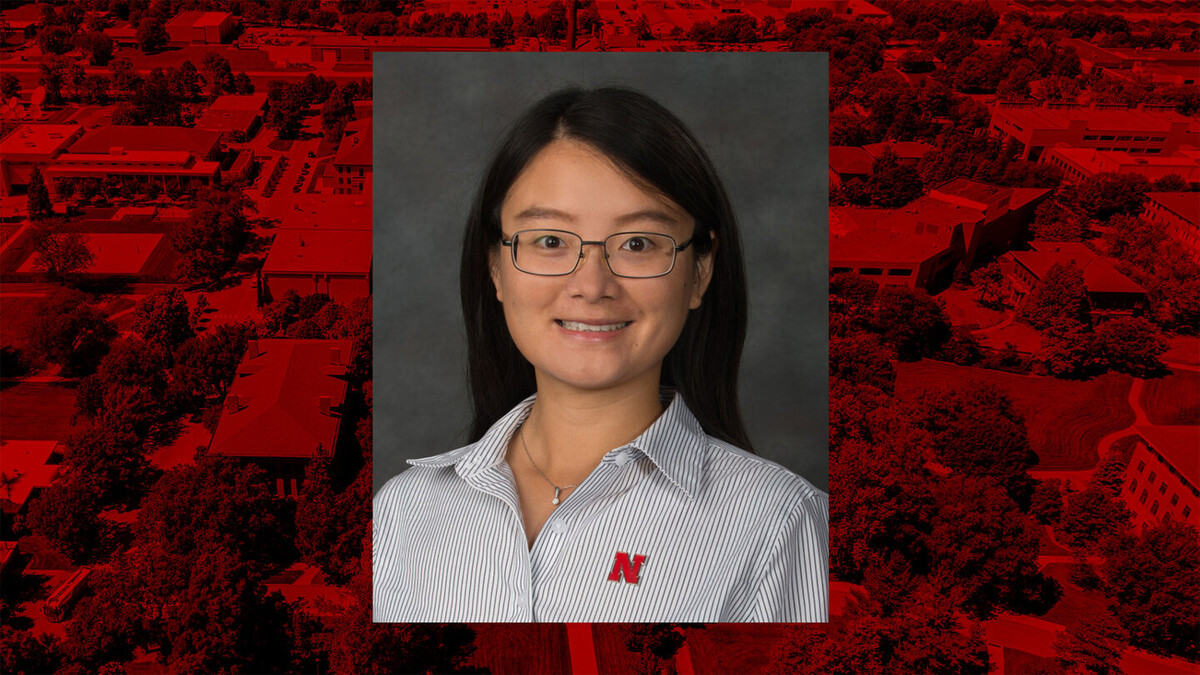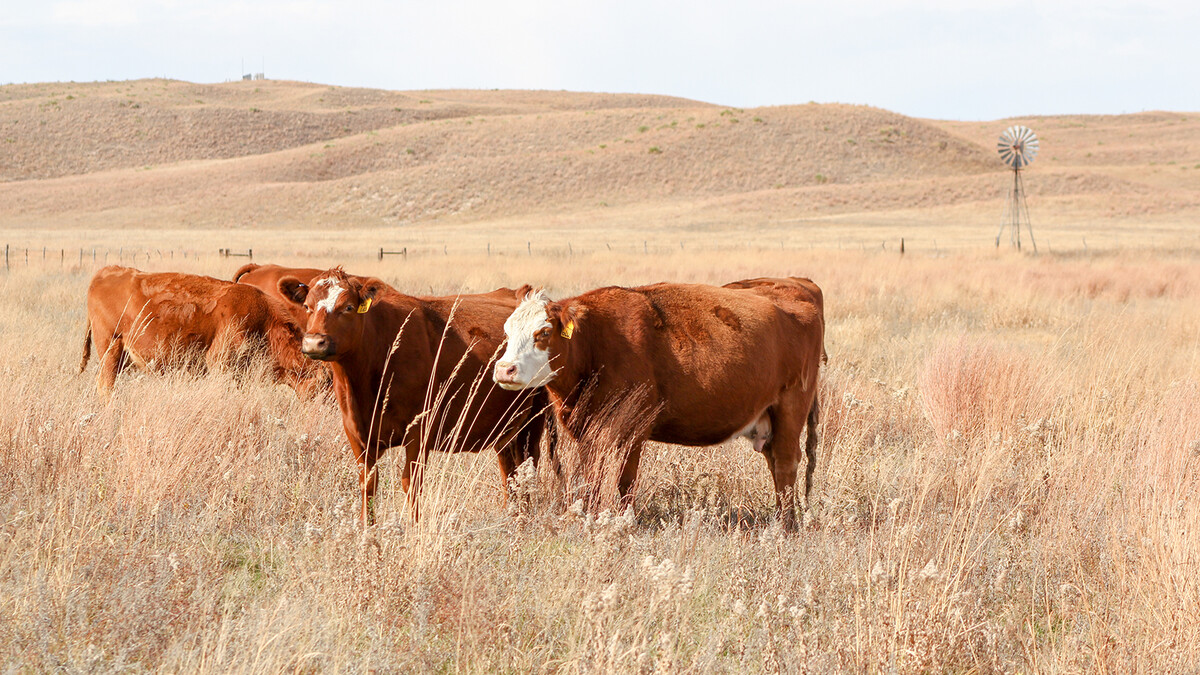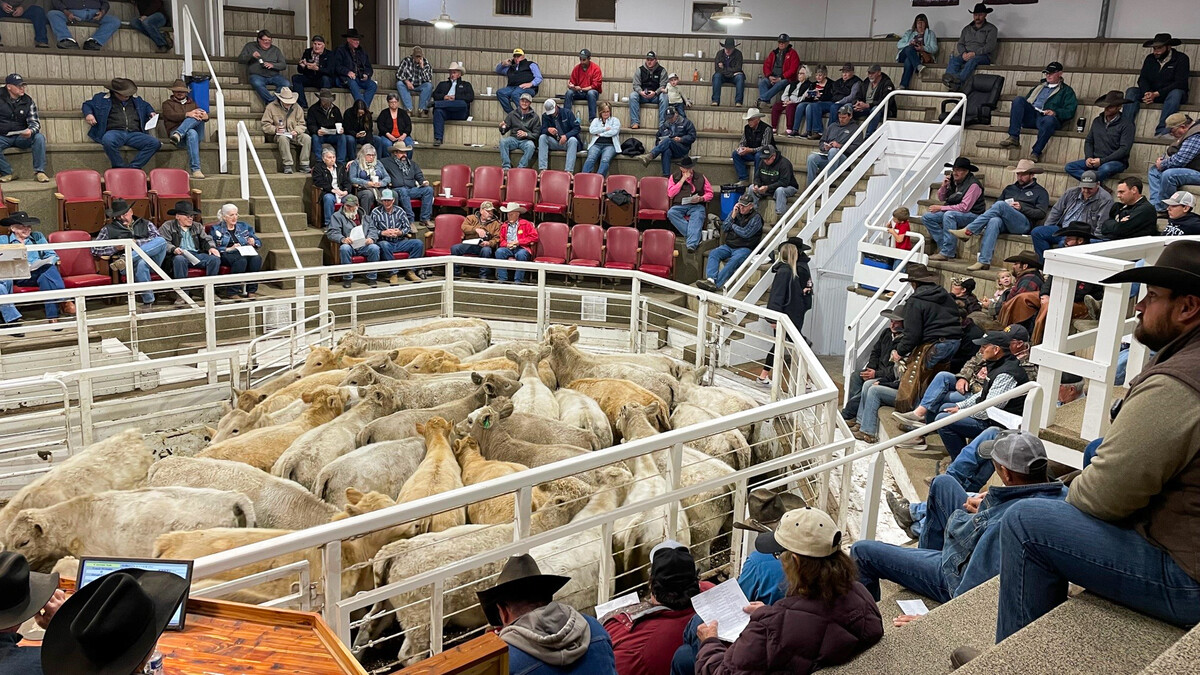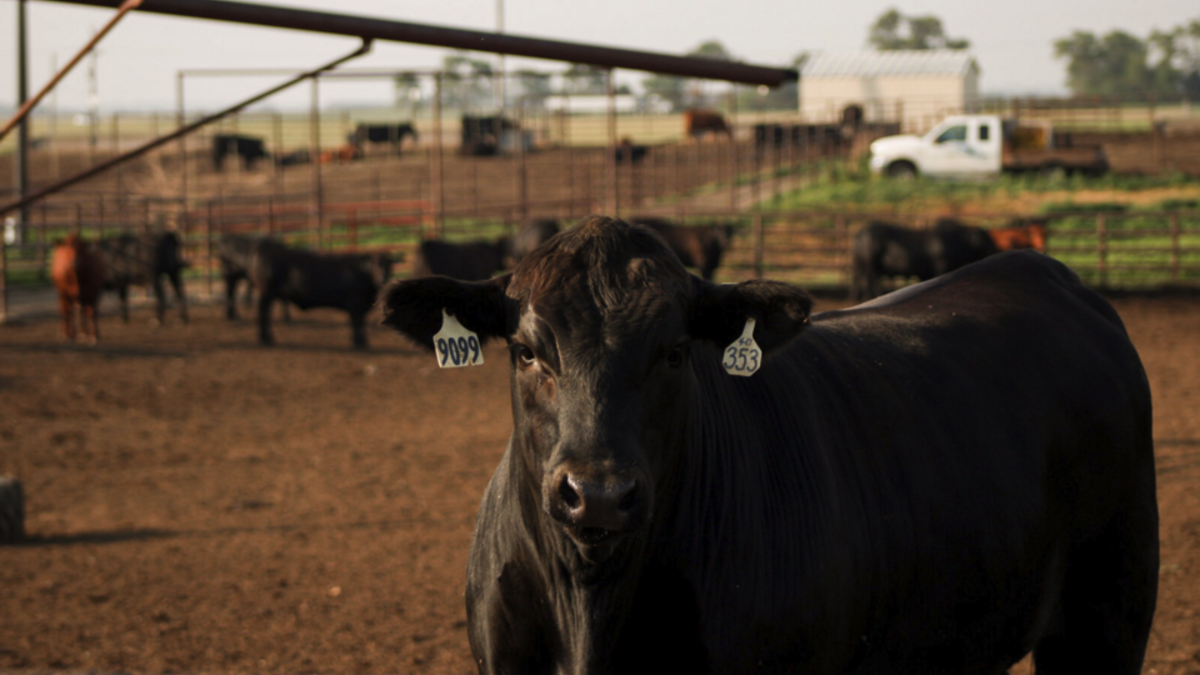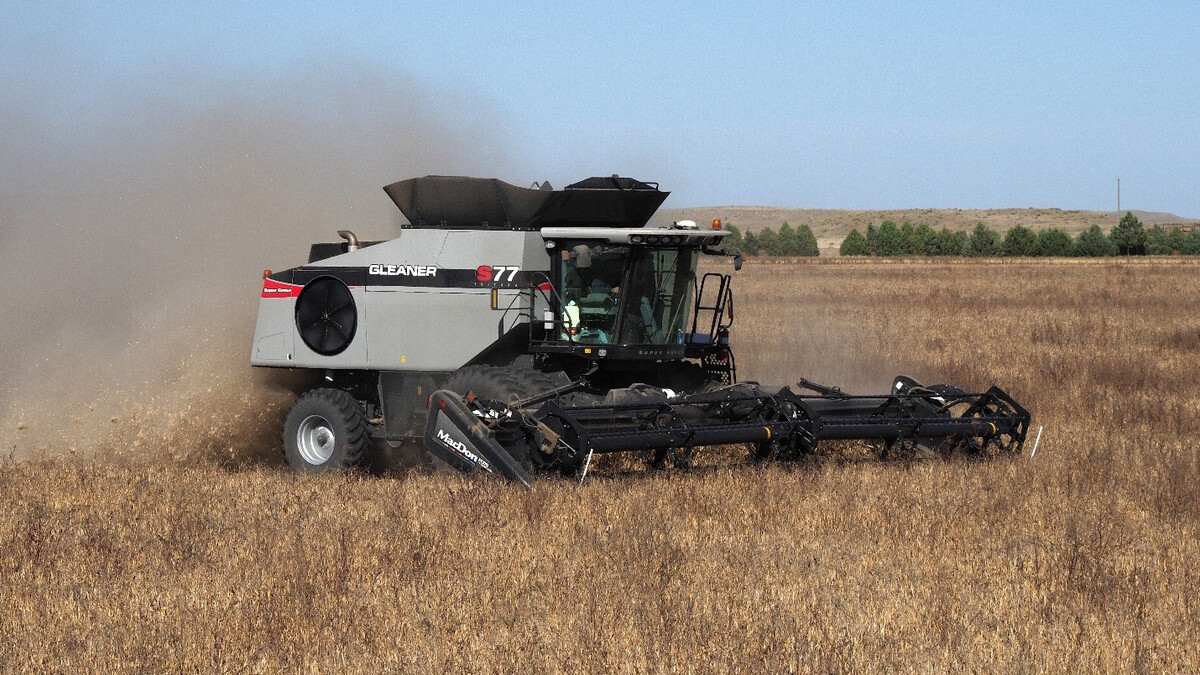
Lincoln, Neb. — Pesticides are integrated in our lives and in our economy, even our social fabric. Without pesticides, weeds, insects and disease could overtake human and animal food supplies, and degrade our landscapes and homes.
Bringing attention to using pesticides safely, economically and effectively is the purpose of the third annual National Pesticide Safety Education Month in February. The designation is organized through funding by the National Stakeholder Team for Pesticide Safety Education Program (PSEP).
“Without pesticides, human and animal health, and our economic well-being could be compromised,” said Clyde Ogg, director of Nebraska Extension’s PSEP at the University of Nebraska–Lincoln.
“Our goal is to train competent, qualified applicators who keep themselves, others, beneficial insects and other non-targets safe and free from pesticides and any drift – all while effectively managing pests,” said Ogg.
Nebraska PSEP provides training and materials for the state’s estimated 30,000 licensed pesticide applicators. Materials are approved by the Nebraska Department of Agriculture, which administers the licensing program. New applicators must pass exams to demonstrate they understand how to safely handle, apply and dispose of pesticides generally, and in at least one of 19 available categories. Afterward, they must attend training every three years to recertify their license.
Certified applicators include those who treat lawns, homes, schools, grain structures, rights of way, waterways, and agricultural fields by air or land.
“Applicators are trained to measure and use the right amounts herbicides, insecticides, fungicides and termiticides to get the job done safely and economically,” Ogg said. “They learn how to use the right equipment, under the right circumstances, wearing the right clothing or protective gear.”
At minimum, that is long pants, long-sleeved shirt, socks, shoes, chemical-resistant gloves, goggles, and respirator where directed by the label.
“The label is a legal document,” Ogg said, adding that failure to follow pesticide label directions violates federal law.
Ogg noted that while pesticides are an important part of pest management, they should be used in conjunction with a diversity of strategies. The process is known as Integrated Pest Management. IPM includes prevention; cultural, biological and mechanical means, such as hand labor; and pesticides where needed.
Nebraska training takes place through face-to-face meetings and conferences, at local Extension offices and online at https://pested.unl.edu. Among the audiences are Master Gardener volunteers who learn science-based horticulture education to share with the public.
Ogg notes ongoing research reveals more about pesticide behavior, which then affects the program’s training. Another challenge can be continually changing product labels and federal regulations.
“The more we learn, the more we need to get the word out about the complexities and necessity of safety education,” Ogg said.
